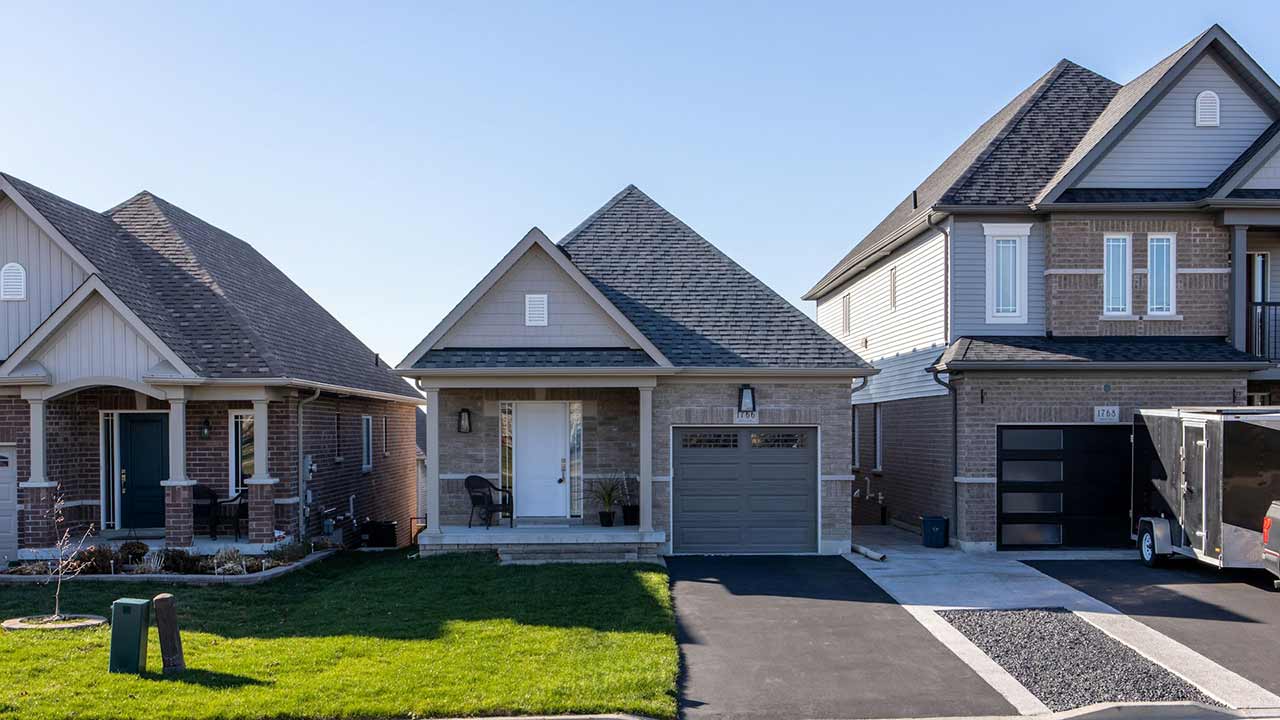College towns used to be a niche play in real estate. Now? They’re one of the hottest investment targets in the country. With stable demand, built-in renters, and walkable neighborhoods, these markets are proving surprisingly resilient—and in some cases, outperforming major metros. Investors are paying attention.
Rental Demand Stays Strong—Even in Down Markets

The biggest advantage? Consistent demand. Universities bring in new students every year, which means there’s always a fresh wave of renters. Even during economic slowdowns, enrollment stays steady—or even rises—as more people go back to school.
That kind of stability is rare. While other markets fluctuate with job growth or migration trends, college towns benefit from a built-in housing cycle that resets like clockwork every fall.
Parents Are Paying—And Paying Well

Many student rentals are actually funded by parents, not the students themselves. That often leads to more reliable rent payments and higher-quality tenants than you might expect. Some families even pay the year up front just to lock in housing.
In competitive towns, student housing shortages have pushed families to rent single-family homes or upscale apartments off-campus—creating premium demand in the right pockets.
Cash Flow Is Still Achievable

Unlike big cities where cap rates are getting tighter, many college towns still offer solid cash flow. Smaller markets like Athens, GA or Columbia, MO often have lower property taxes and acquisition costs—but rent strong because of housing pressure near campus.
Student rentals can also be rented by the room, increasing monthly income per property. With smart management, one house can outperform two standard rentals in other towns.
Walkability and Amenities Attract Non-Students, Too

College towns aren’t just for students. Many attract young professionals, faculty, and remote workers who like the energy, events, and walkability. That’s helping push up home values and long-term demand—even outside the student housing space.
This mixed demand also reduces risk. You’re not fully dependent on undergrads, especially if you buy near popular downtown districts, not just near dorms.
Resale Value Is Holding Strong

Homes near major universities tend to hold value better during market dips. The combination of rental income and long-term land value makes them attractive to both investors and local buyers. In some markets, demand is so high that student rentals get multiple offers—even with tenants in place.
It’s a reminder that strong fundamentals still matter. Good schools, low inventory, and steady demand will always be in style.
The Bottom Line

College town real estate isn’t just a backup plan anymore—it’s becoming a core strategy. If you’re looking for steady demand, reliable rent, and properties that don’t sit empty, these markets check all the boxes. Just make sure to research local rules and student housing trends before you buy—because once you’re in, the upside can last for years.

Alexander Clark is a financial writer with a knack for breaking down complex market trends and economic shifts. As a contributor to The Daily Overview, he offers readers clear, insightful analysis on everything from market movements to personal finance strategies. With a keen eye for detail and a passion for keeping up with the fast-paced world of finance, Alexander strives to make financial news accessible and engaging for everyone.


